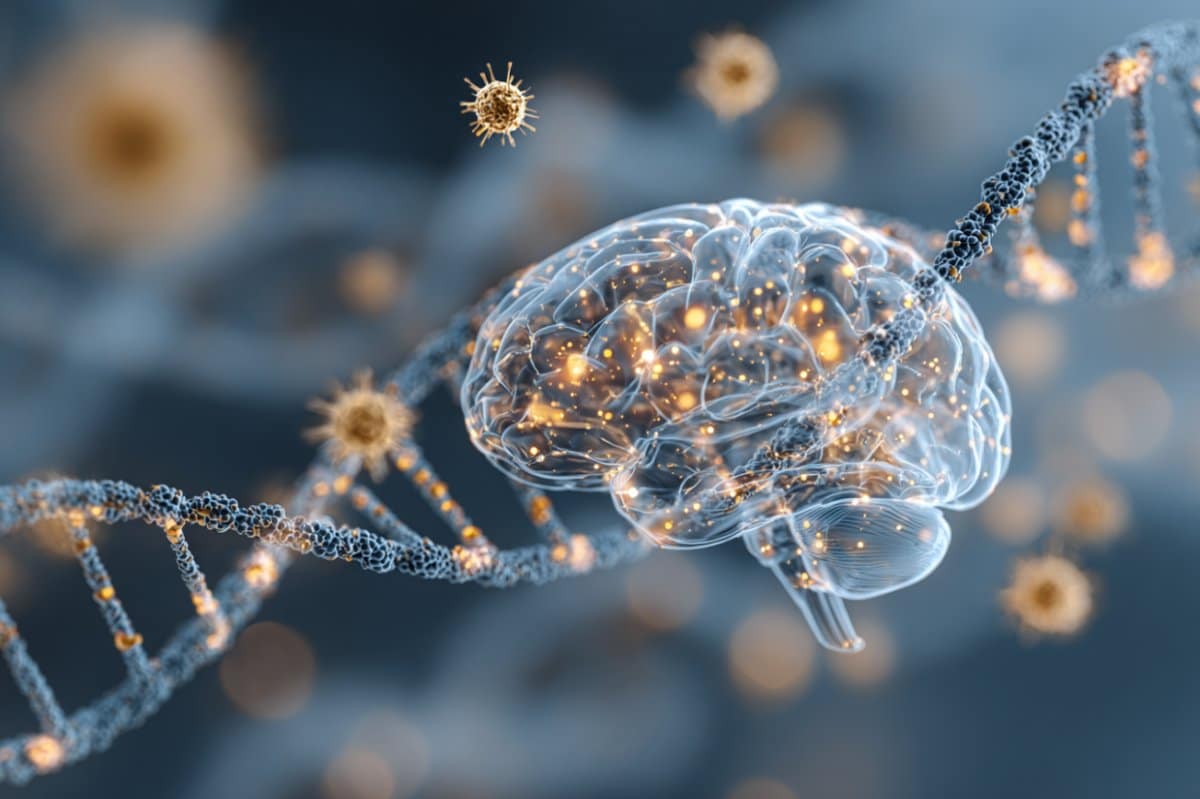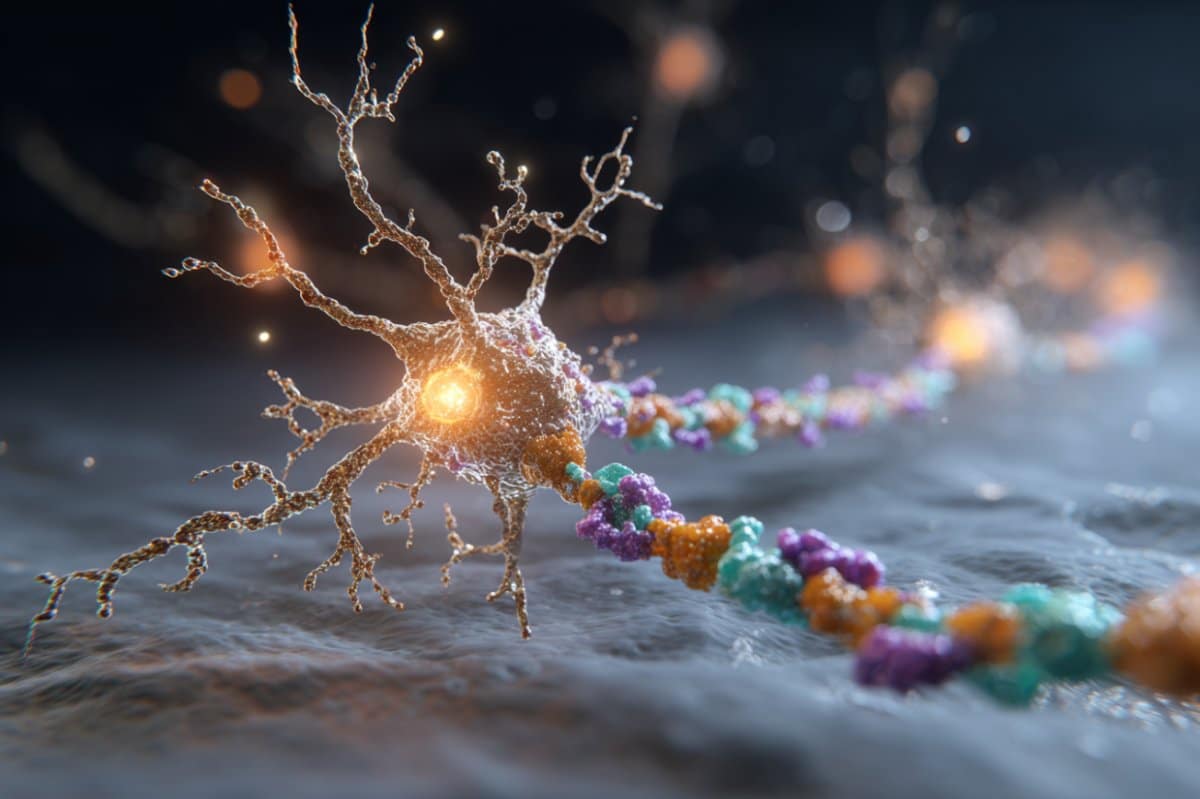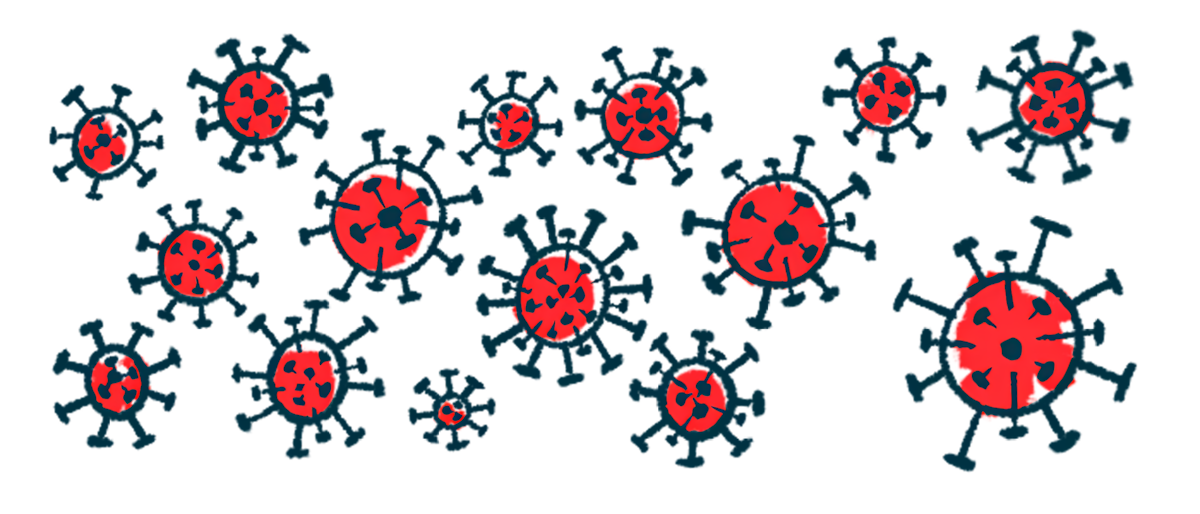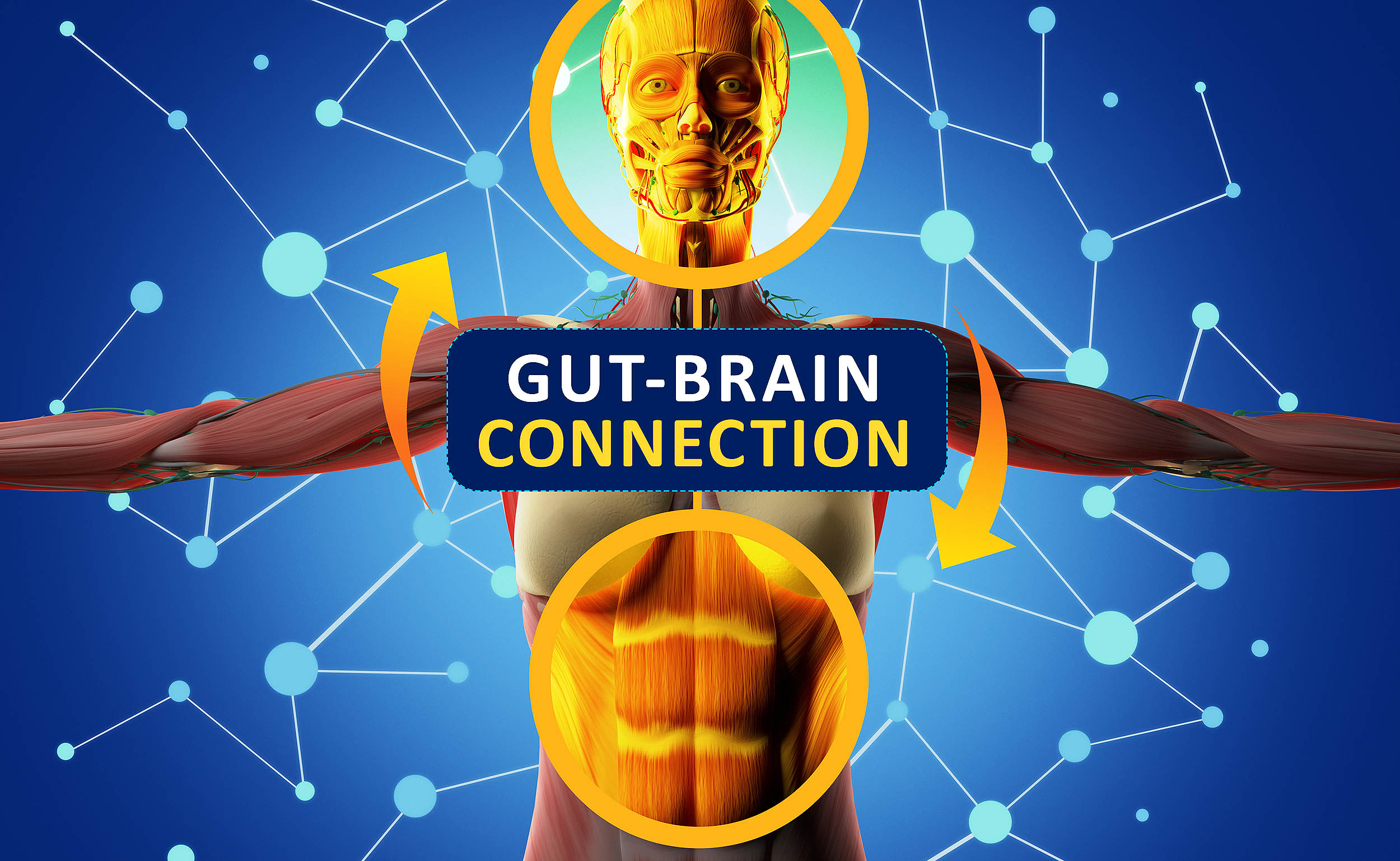T4K3.news
Research reveals new insights on disordered proteins
Studies show advancements that could improve drug interactions with disordered proteins.

Recent studies reveal advances in understanding disordered proteins, crucial for drug development.
New methods improve drug interactions with disordered proteins
Research published by Nobel laureate David Baker shows new methods to better understand intrinsically disordered proteins. Traditionally, these proteins baffled scientists due to their lack of a stable structure, making it hard to study them. Baker's work paves the way for improving drug interactions with these proteins, which play key roles in various diseases. The findings suggest that making these proteins more receptive could lead to advancements in treatment options for illnesses linked to disordered proteins.
Key Takeaways
"Understanding that disordered proteins are crucial opens new doors for drug therapy."
This highlights the significance of recognizing disordered proteins in treatment development.
"For decades, we dismissed these proteins as anomalies, but they are essential players."
This reflects the evolving perspective in the scientific community about protein structure.
The shift in how scientists view disordered proteins signifies a broader change in biomedical research. For years, these proteins were seen as anomalies. Now, understanding their role changes the landscape of drug discovery. As researchers align on these findings, the potential for new therapies increases, suggesting a ripple effect in how we approach complex diseases. This could lead to innovative solutions and improvements in patient outcomes.
Highlights
- Understanding disordered proteins could transform drug development.
- New research reshapes our view of proteins in health and disease.
- Disordered proteins hold key insights for medical breakthroughs.
- Baker's findings may change the landscape of biomedicine.
Funding concerns in disordered protein research
The research may require significant investment in understanding disordered proteins, which could raise questions among funders regarding budget allocation.
This research may open doors to novel treatments in the near future.
Enjoyed this? Let your friends know!
Related News

New Research Uncovers Factors Influencing Antidepressant Efficacy

New discovery in appetite regulation revealed

New study reveals secrets of mood regulation receptors

New study suggests a viral link to Parkinson's disease

New study links cold sore virus to multiple sclerosis

New findings on serotonin receptor could reshape mental health treatments

Researchers uncover new mechanisms of memory structure

New study reveals gut bacteria affect appetite
